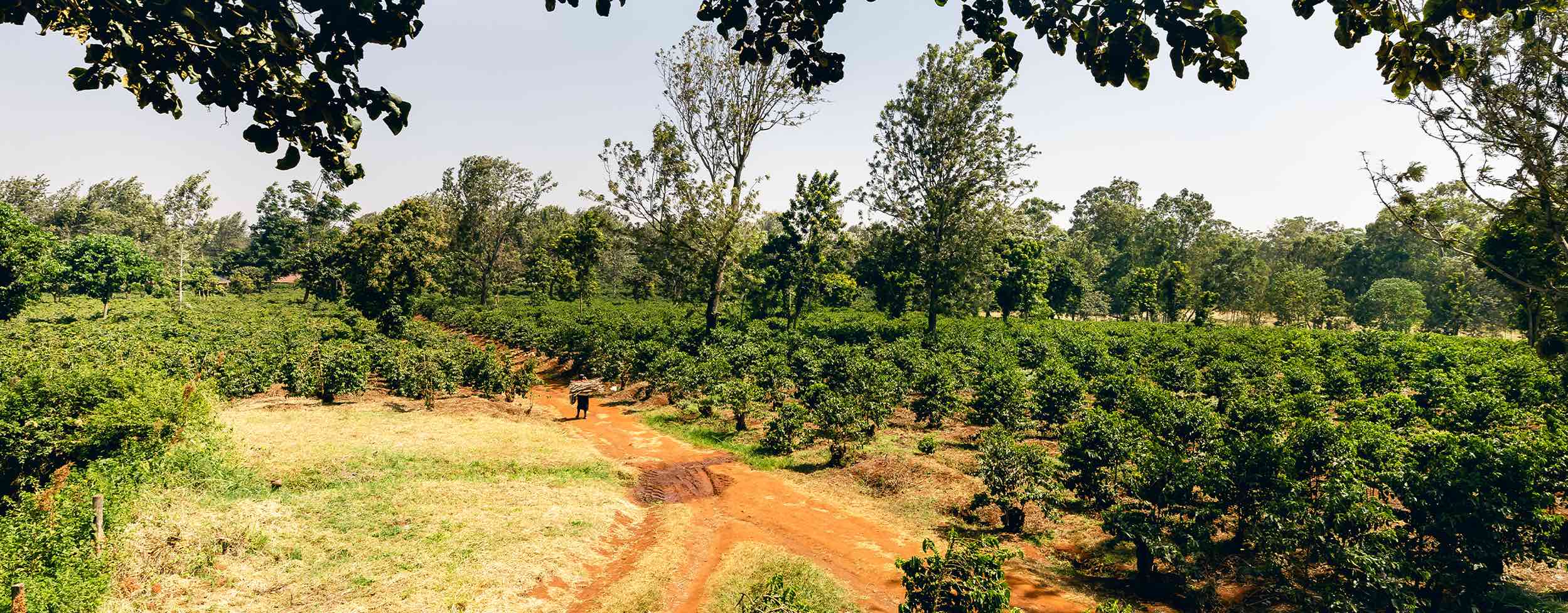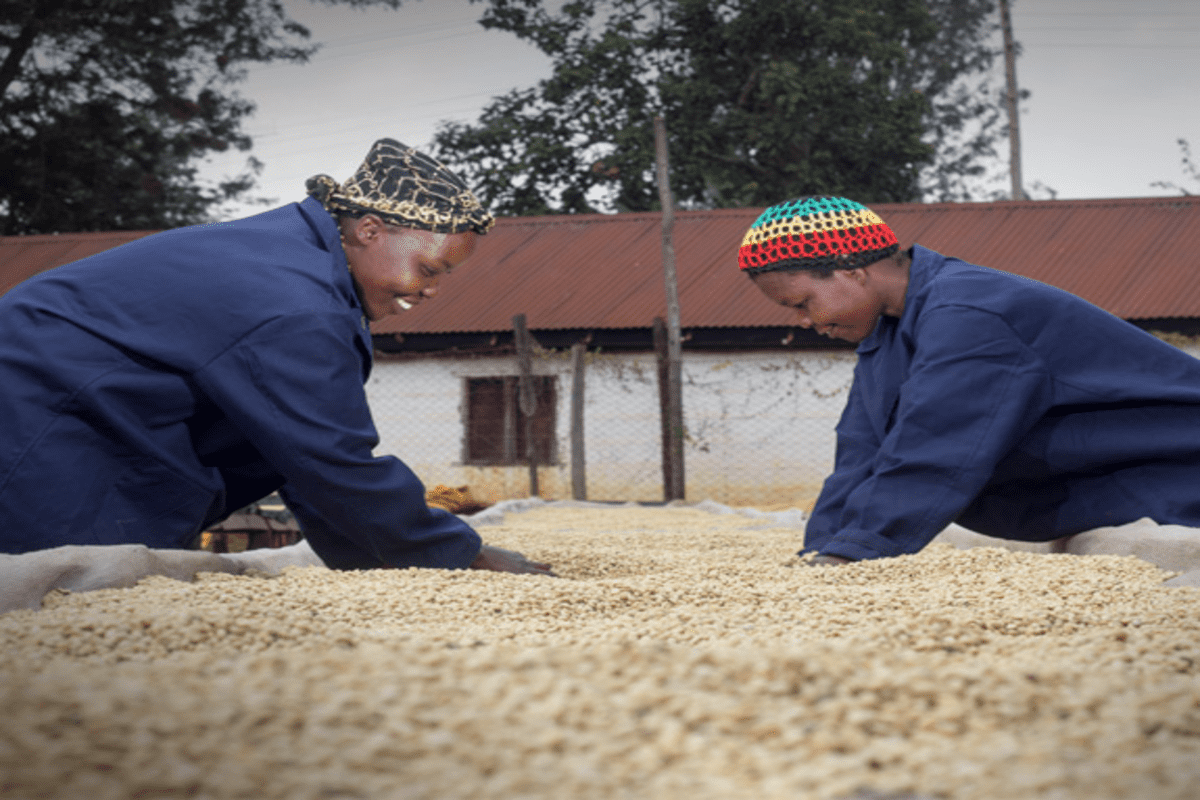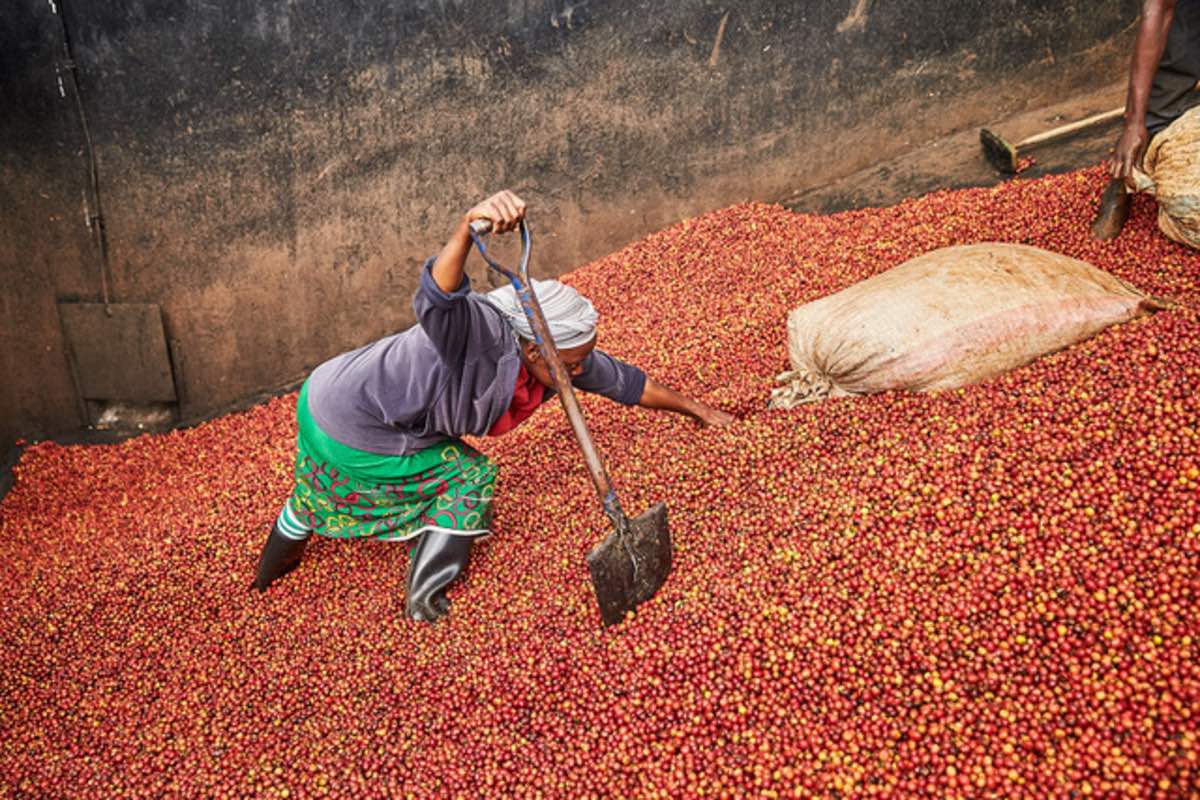
Speciality Coffee in East Africa
Introduction :Speciality Coffee in East Africa and Sustainable Innovation for Farmers
East Africa, known for its rich landscapes and vibrant cultures, has become a focal point for the world of specialty coffee. In this blog post, we delve into the unique characteristics of the East African coffee scene and explore how innovative practices can contribute to the sustainability of coffee farming in the region.
At Servicoff Limited, we believe in celebrating the diversity and excellence of East African coffees while promoting responsible and sustainable practices that benefit both farmers and consumers.
East African Coffee: A Distinctive Delight
East Africa, encompassing countries like Kenya, Rwanda, Ethiopia and Tanzania, boasts a coffee heritage that dates back centuries. The region’s diverse climate, high altitudes, and fertile soils create an ideal environment for growing high-quality Arabica coffee beans.
What sets East African coffee apart is not only its exceptional flavour profiles, ranging from fruity and floral to wine-like and bright, but also its unique processing methods, such as the renowned washed and natural processes.
The Role of Innovation in Sustainability
In recent years, the specialty coffee industry in East Africa has witnessed a harmonious marriage between tradition and innovation. While maintaining the essence of time-honoured coffee cultivation practices, the region has embraced innovative approaches that contribute to the long-term sustainability of coffee farming.
- Varietal Exploration: East Africa is home to a vast array of coffee varietals, each offering distinct flavor profiles. Farmers are increasingly experimenting with different varieties to meet evolving consumer preferences. This exploration not only enhances the diversity of available coffees but also contributes to resilience against pests and diseases.
- Processing Techniques: Innovation in processing methods, such as honey processing and anaerobic fermentation, adds layers of complexity to East African coffees. These techniques not only influence flavor but also provide farmers with opportunities to add value to their produce, leading to increased income.
- Climate-Smart Practices: East Africa, like many coffee-producing regions, faces the challenges of climate change. Farmers are adopting climate-smart practices, including shade-grown cultivation and agroforestry, to mitigate environmental impacts and ensure the longevity of their coffee farms.
- Direct Trade and Relationship Coffee: The concept of direct trade and relationship coffee, where buyers establish long-term partnerships with farmers, has gained traction in East Africa. This approach fosters trust, transparency, and fair compensation, providing farmers with stability and the confidence to invest in innovative farming practices.
Servicoff Limited’s Commitment to Sustainability
At Servicoff Limited, we recognize the importance of sustainable innovation in preserving the legacy of East African specialty coffee.
Our commitment extends beyond sourcing exceptional coffees; we actively promote initiatives that support farmers in adopting environmentally friendly and economically viable practices.
By fostering direct relationships with East African coffee producers, we ensure that our commitment to sustainability translates into tangible benefits for the farmers.
Our focus on fair pricing, environmental stewardship, and social responsibility aligns with the principles of sustainable innovation, creating a positive impact on both the coffee industry and the communities involved.
Conclusion
Altogether,East Africa’s journey in the realm of specialty coffee exemplifies the potential for sustainable innovation to uplift coffee farming communities.
As we savor the unique flavors of East African coffees, let us also appreciate the dedication of farmers and the positive transformations brought about by responsible and forward-thinking practices.






